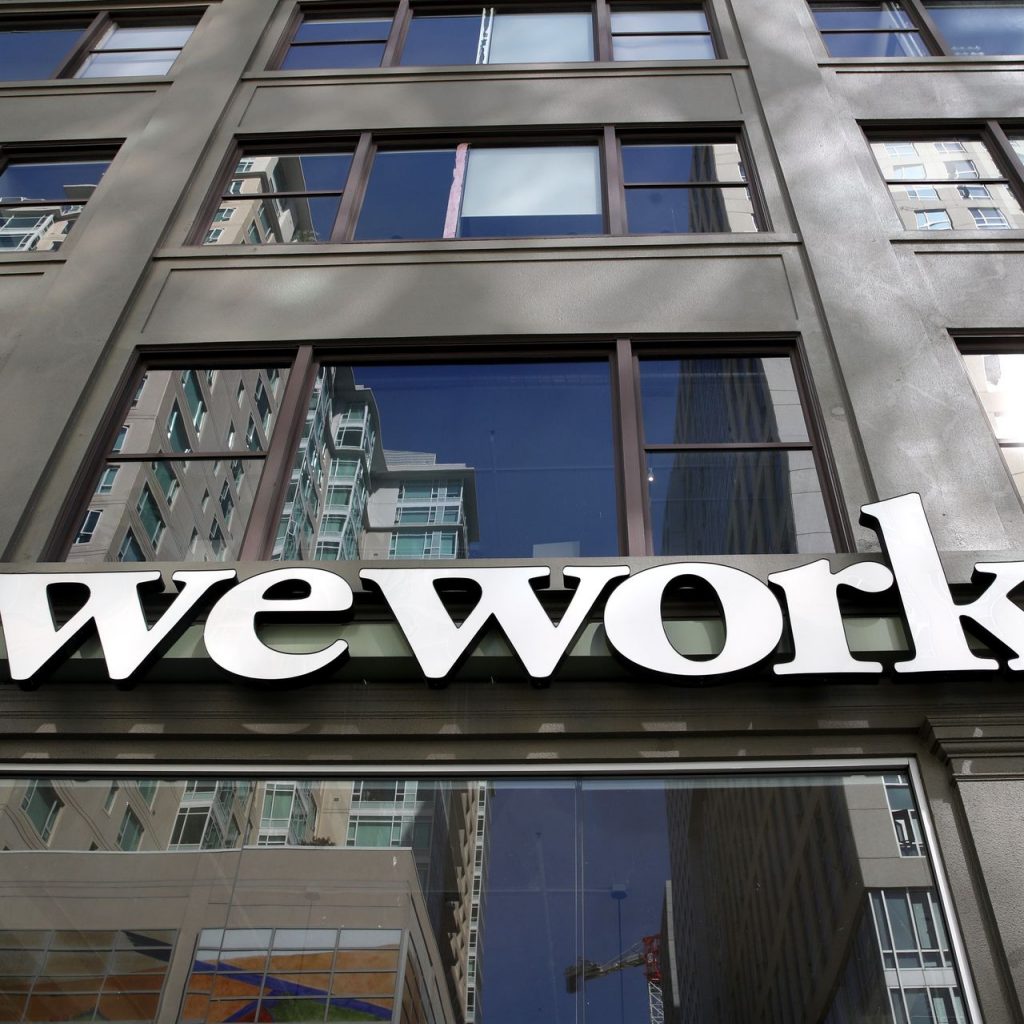Recently Forbes has this to say about corporate stewardship:
“Stewards not only make responsible use of that which they hold in trust, they also leave it in an enhanced condition for future generations. But to become responsible stewards, profound changes in the way business executives and their corporations act are required.”
Giant companies aren’t always effective stewards
Sometimes that’s unintentional. When companies rapidly grow, they often end up playing a game of corporate stewardship catchup.
Other times companies become so big and powerful, with such a high stock market valuation, that they simply don’t care. They may talk the talk, but the actual walk they take is completely opposite from what they say they’re going to do.
Take Facebook, for example.
In a recent article in the Wall Street Journal entitled, “The Facts About Facebook”, Mark Zuckerberg said he’d like to use his company to redefine transparency, choice and control. Given the company’s track record for making mistakes over its 15-year lifespan – things that in other industries might be considered breach of trust – it’s probably not such as good idea to give Mark your consent.
Facebook flaws
Many people aren’t aware of this, but the predecessor to Facebook was ‘FaceMash’, a type of ‘hot or not’ game created by Zuckerberg while attending Harvard.
After hacking into the college’s online photo gallery and transferring photos without people’s permission, he asked fellow students to rate each other’s attractiveness. Zuckerberg even kicked around the idea of putting these stolen photos next to farm animals to have people vote on which is more attractive – the human or the animal.
From the seeds of breached security, stolen privacy, copyright infringement and general human indecency the company that we know today as Facebook was formed. It’s difficult – if not impossible – to think of another globally powerful and pervasive company that had such toxic beginnings.
The buck has to stop somewhere
The lack of consent wasn’t a one-off event for Facebook’s founder. Other questionable activity throughout the company’s decade-and-a-half history include:
- Focusing on maximizing clicks and eyeball engagement to the detriment of basic fact checking and user safety
- Hiring PR firms to smear critics who publicly disagree with Facebook
- Fighting to prevent regulation that would require Facebook ads to be privacy-friendly, prevent algorithms being used to drive divisive content for the purpose of keeping users online longer, and preventing that divisive content from being posted in the first place.
It’s true that Facebook has recently made a lot of noise about hiring third-party fact checking firms. But the resources of those fact checkers pale compared to Facebook itself.
In Q4 2018 the company’s global revenue was nearly $17 billion. According to a recent Business Insider article, Facebook would be the 90th in the world by GDP if the company was a country.
Fiduciary responsibilities and investment firms
Because companies operate in the social media sector (or sometimes the green energy high-tech sector as is the case with Tesla) they’re given a continual pass for bad behavior. But not all businesses sectors are treated equally.
Investment firms not only have strict fiduciary responsibilities toward their clients and customers, we also have firm codes of conduct that we adhere to day in and day out.
Don’t get us wrong. We’re not suggesting that investment companies be held to the same lower levels of accountability as Facebook. But it’s important to realize that giant companies aren’t necessarily the best corporate stewards.




